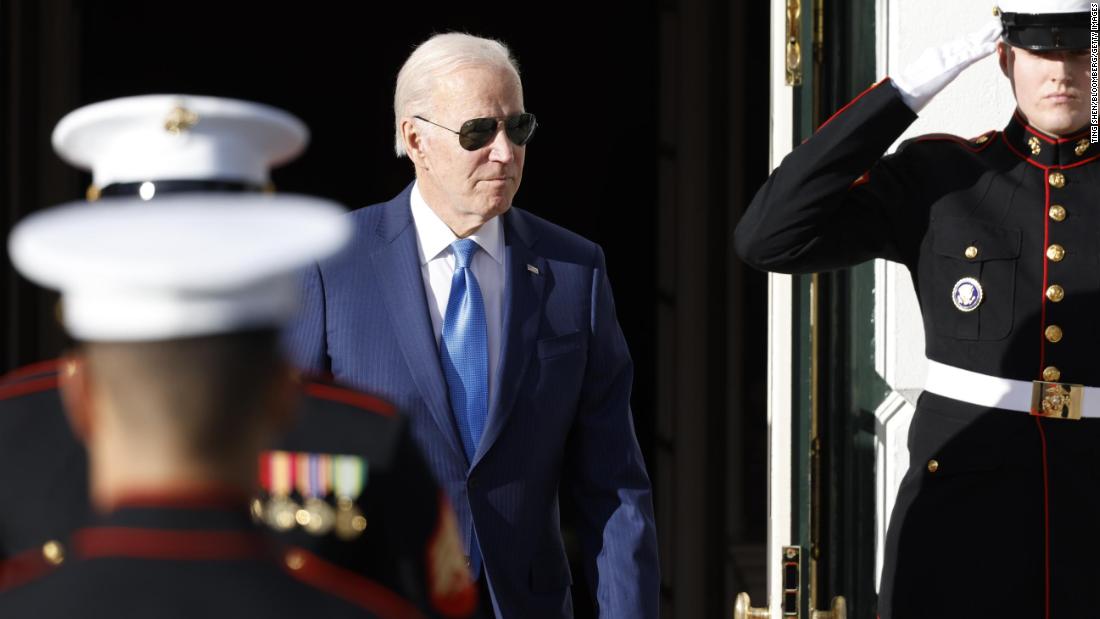California: Unless You’re On a Ventilator, Get Back Behind Bars
Some 70 of the 210 inmates approved for medical parole under the current system, started in 2014, could be put back behind bars due to a change in federal rules.
A new California policy could send dozens of quadriplegic, paraplegic or otherwise permanently incapacitated inmates from nursing homes back to state prisons, reports the Associated Press. Prison officials say a change in federal rules led them to limit medical parole to inmates so ill they are hooked to ventilators to breathe, meaning their movement is so limited they are not a public danger.
The change could affect about 70 of the 210 inmates approved for medical parole under the current system, started in 2014. California officials say they have no choice under a new approach to the enforcement of federal licensing requirements for nursing homes by the Centers for Medicare & Medicaid Services, a division of the U.S. Department of Health and Human Services. California Assemblyman Phil Ting, who heads the powerful Assembly Budget Committee, is spearheading a bill to expand the criteria and create an easier process for placing incapacitated inmates in community health care facilities.

 Landwebs
Landwebs 























